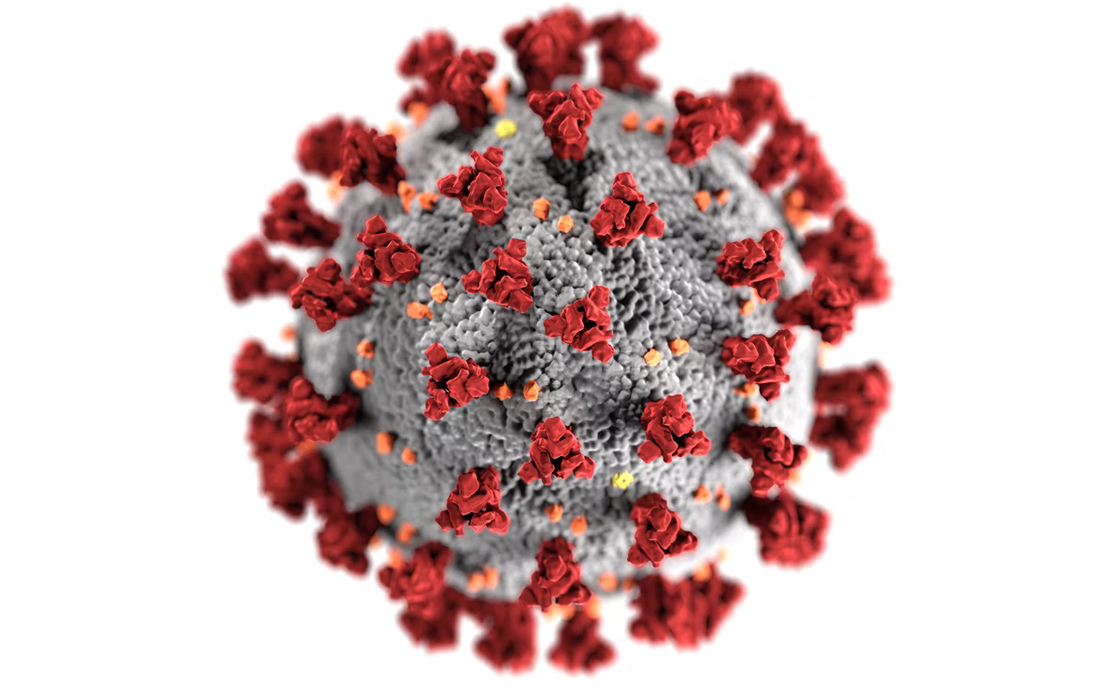COVID-19
Use Engineered Extracellular Vesicles for COVID-19
After almost three years since the COVID-19 pandemic started, therapeutic strategies and medications remain limited, and the ones available haven’t shown a high efficacy. There are current efforts for the development of drugs that could disrupt the viral replication and/or inhibit inflammation caused by the virus.
Mesenchymal and stromal cell therapies have shown some promise in small clinical studies of COVID-19, based upon the cells’ antiinflammatory and immunomodulatory properties. Cells work by secreting extracellular vesicles (EVs), nanosized lipid-bilayer particles which can be taken up locally and throughout the body. Due to their remarkable stability, EVs can be stored for extended periods.
EVs can also circumvent delivery challenges associated with small biologics including cytokines, growth factors, and RNA.
In a recently published study, researchers evaluated the use of activated specialized tissue extracellular vesicles (ASTEX) derived from genetically enhanced skin fibroblasts, and how they can exert disease-modifying bioactivity in vivo in models of heart and lung injury.
Study Results
Activated Specialized Tissue Effector EVs (ASTEX), are secreted by human neonatal skin fibroblasts reprogrammed to produce highly-effective EVs.
The researchers found in a previous study that ASTEX can attenuate lung inflammation and fibrosis in a bleomycin-induced lung injury. In the present study the researchers observed that exposure of a lung epithelial cell line to ASTEX before SARS-CoV-2 infection exerted both cytoprotective and antiviral effects.
According to the researchers the study demonstrated that EVs derived from ASTEX can inhibit SARS-CoV-2 replication and induce cytoprotective effects in vitro, which could be further studied in animal models as a promising therapeutic for COVID-19.
Source:
A.G. Ibrahim, et al. Engineered extracellular vesicles antagonize SARS-CoV-2 infection by inhibiting mTOR signaling. Biomaterials and Biosystems. 2022. https://doi.org/10.1016/j.bbiosy.2022.100042
Image from:

